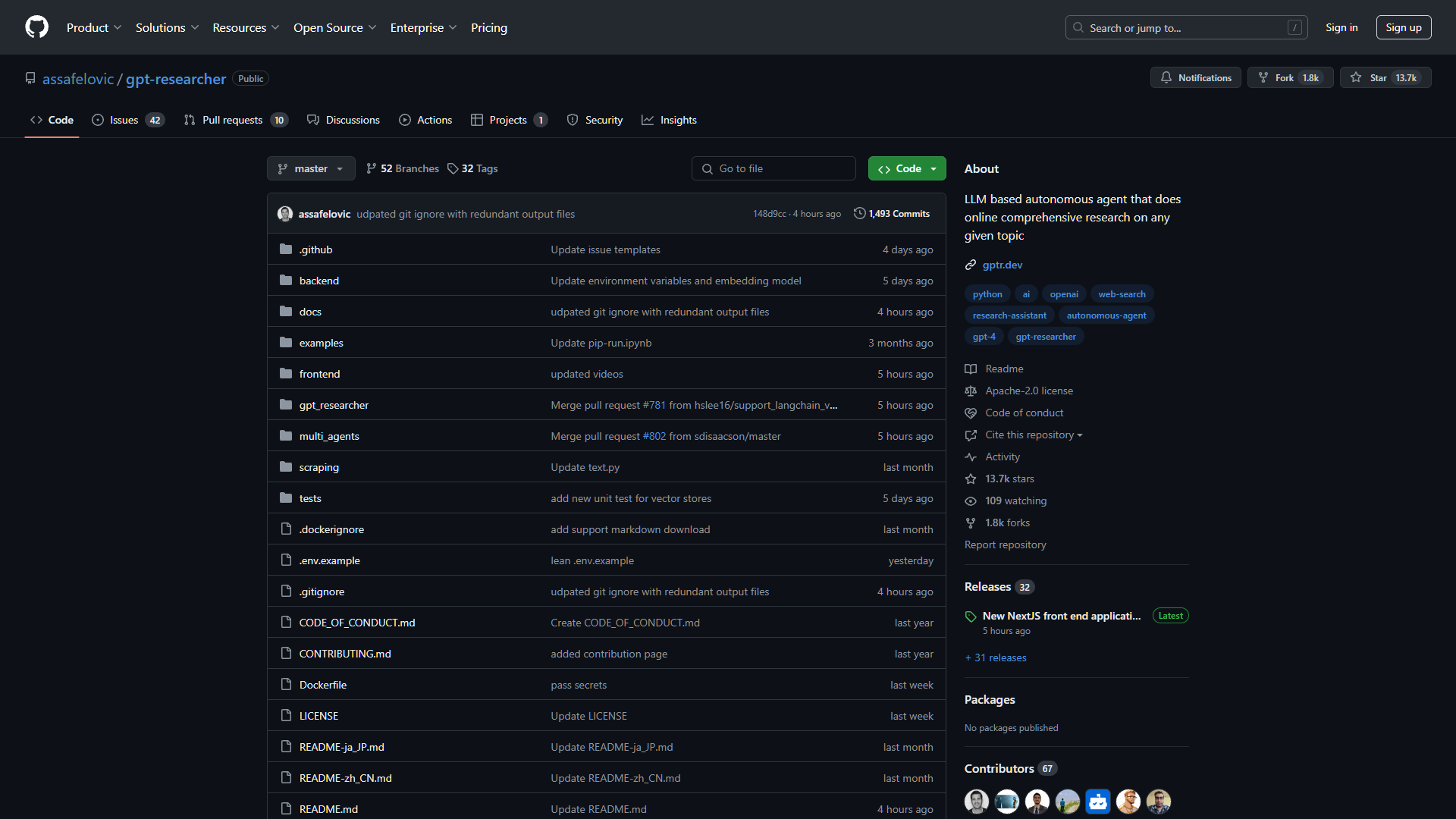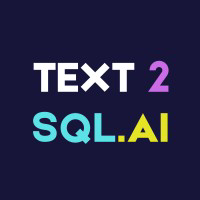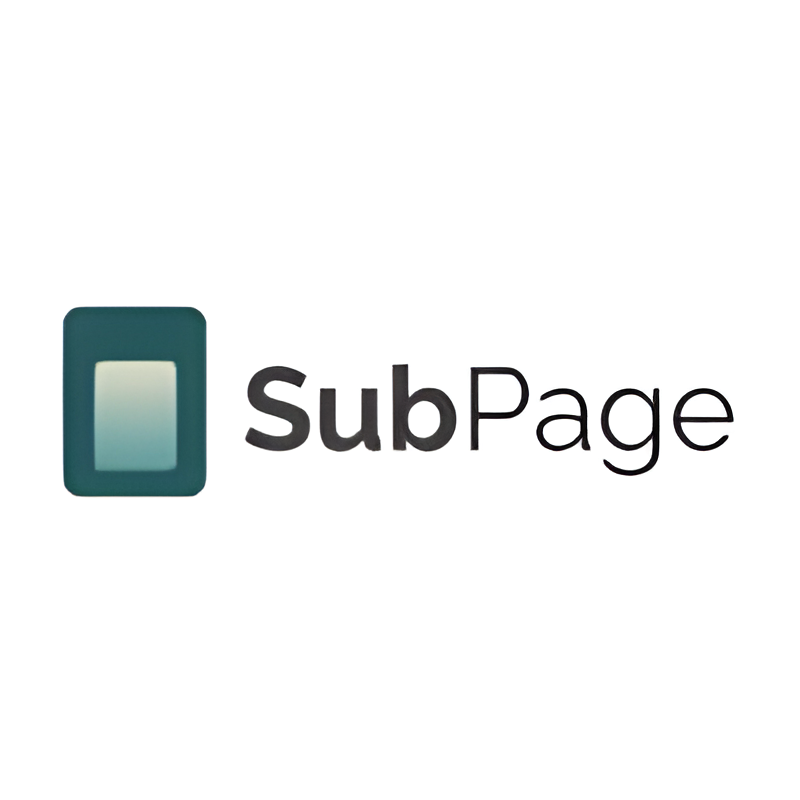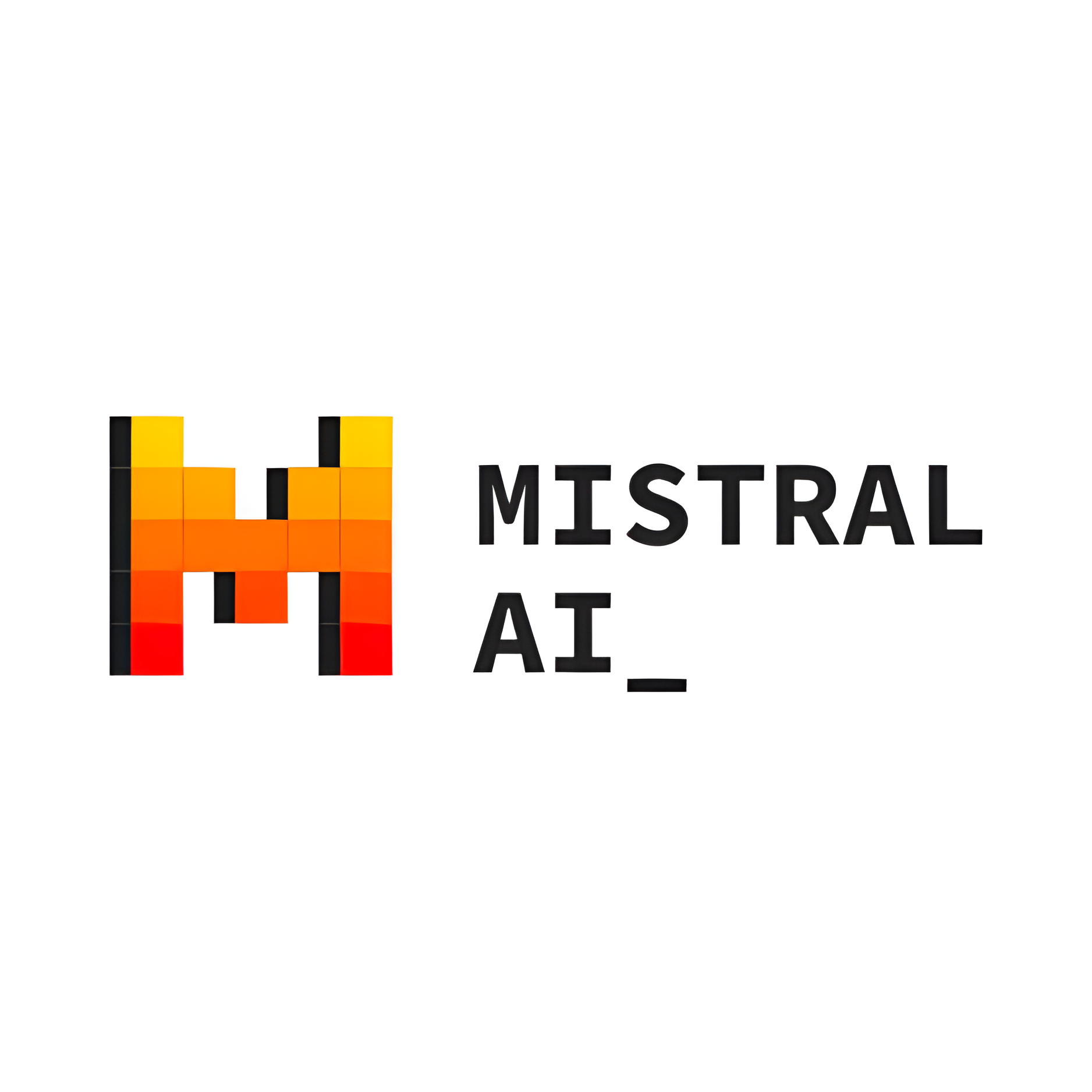Overview
GPT Researcher is an innovative autonomous agent designed to enhance online research by generating comprehensive, factual, and unbiased reports. Utilizing advanced AI technology, this tool addresses common challenges such as misinformation and reliability, ensuring high-quality outputs. GPT Researcher is capable of producing detailed research reports exceeding 2,000 words, drawing from both local documents and over 20 diverse web sources. This ensures a broad and objective perspective in the final analysis.
The architecture of GPT Researcher is built around sophisticated "planner" and "execution" agents that formulate research questions, gather pertinent information, and synthesize this into well-structured reports. It incorporates GPT-4o-mini and GPT-4o models, strategically using them to balance performance with cost-efficiency. The tool's user-friendly web interface supports JavaScript-enabled web scraping and tracks source usage, with options to export reports in multiple formats like PDF and Word.
Open to contributions, GPT Researcher operates under the Apache 2 license, promoting academic use and continuous development. It offers comprehensive documentation to assist users in installation, configuration, and customization, available for deployment via FastAPI, Docker, or as a pip package. This tool is a valuable asset for anyone seeking to leverage AI for rigorous and reliable online research.
Key features
- Comprehensive research reports: Generates detailed, factual reports over 2,000 words using local and web sources.
- Multi-source aggregation: Pulls information from more than 20 diverse web sources to ensure objective and comprehensive conclusions.
- Interactive web interface: Features an easy-to-use interface and supports advanced web scraping capabilities including JavaScript.
- Source tracking: Maintains a record of all consulted web sources, enhancing transparency and reliability in research.
- Flexible export options: Allows users to export research findings into multiple formats such as PDF and Word for easy dissemination.
- Dual AI models: Utilizes GPT-4o-mini and GPT-4o models strategically to balance cost and performance in research tasks.
 Pros
Pros
- Real-time updates: Automatically refreshes data sources to provide the most current information available, ensuring up-to-date research outputs.
- Customizable filters: Offers users the ability to set specific criteria for data collection, tailoring the research process to meet unique needs.
- Collaborative features: Supports multiple users working simultaneously, enabling team collaboration on research projects from different locations.
- Language support: Capable of processing and analyzing data in multiple languages, making it suitable for global research initiatives.
- Automated summaries: Generates concise summaries of research findings, helping users quickly understand key points without reading full reports.
 Cons
Cons
- Complex interface navigation: Despite its user-friendly claims, new users may find the advanced features and settings overwhelming, requiring a steep learning curve.
- High resource usage: The advanced web scraping and dual AI models demand significant computational resources, which may affect performance on less capable hardware.
- Dependence on web connectivity: The tool's reliance on web sources for information aggregation means it cannot function effectively without a stable internet connection.
- Limited offline functionality: While it excels in online research, its capabilities are significantly reduced when used offline, limiting its utility in disconnected environments.

















